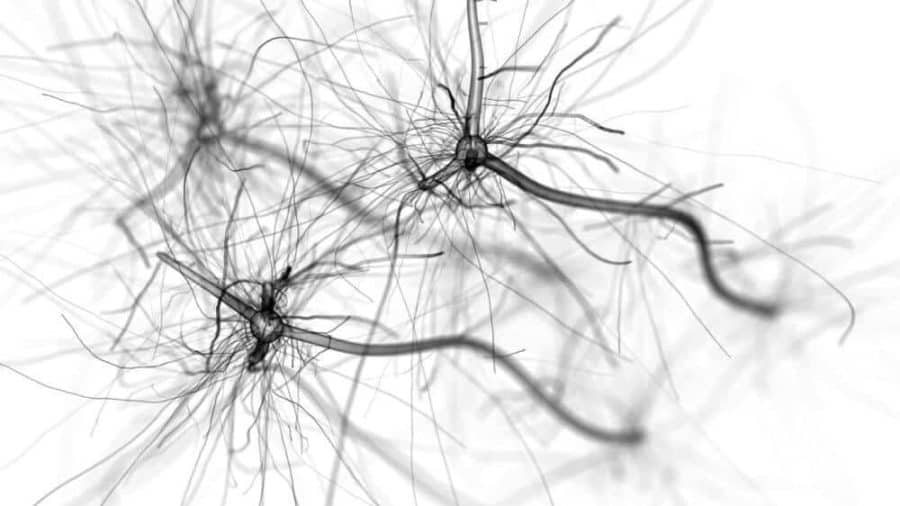The ability to obtain new memories in adulthood may depend on neurogenesis — the generation of new neurons in the hippocampus — to clear out old memories that have been safely stored in the cortex, according to research in male rats published in JNeurosci.
Previous research suggests that the hippocampus has a finite capacity to acquire and store new memories. It is unknown how the brain compensates for this limitation to facilitate learning throughout life.
Kaoru Inokuchi and colleagues show that reducing neurogenesis in rats impairs recovery of learning capacity while promoting neurogenesis through physical activity on a running wheel increased hippocampal capacity. This finding implies that neurogenesis, which can be reduced by stress and aging, underlies the brain’s capacity for new memories. The study may also explain why exercise is especially important for patients with memory disorders such as Alzheimer’s disease as well as for healthy people to help maintain memory as they age. Article: Adult Neurogenesis Conserves Hippocampal Memory Capacity
DOI: https:/
Corresponding author: Kaoru Inokuchi (University of Toyama, Japan), [email protected]
If our reporting has informed or inspired you, please consider making a donation. Every contribution, no matter the size, empowers us to continue delivering accurate, engaging, and trustworthy science and medical news. Independent journalism requires time, effort, and resources—your support ensures we can keep uncovering the stories that matter most to you.
Join us in making knowledge accessible and impactful. Thank you for standing with us!

